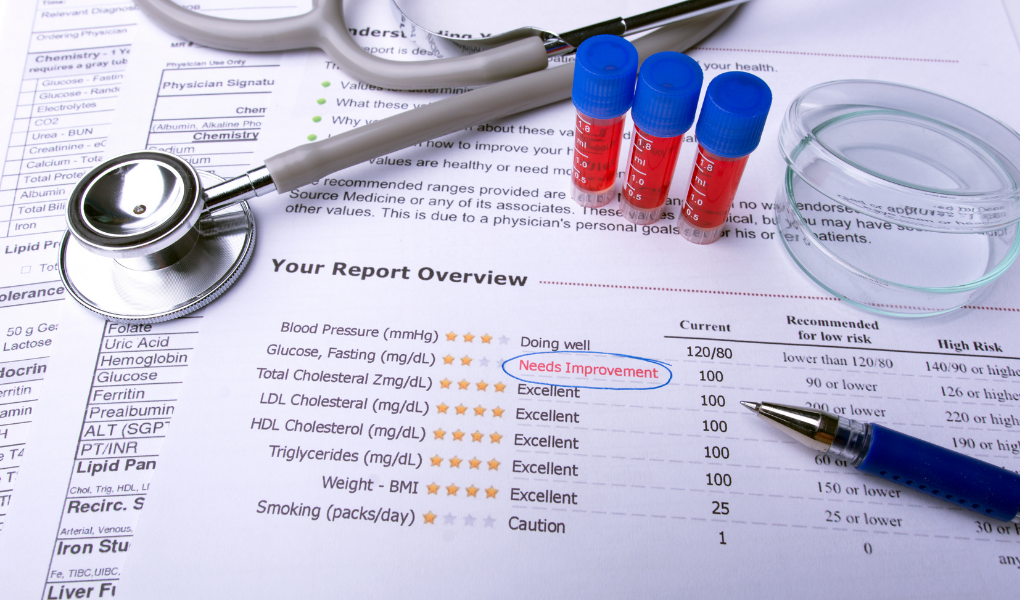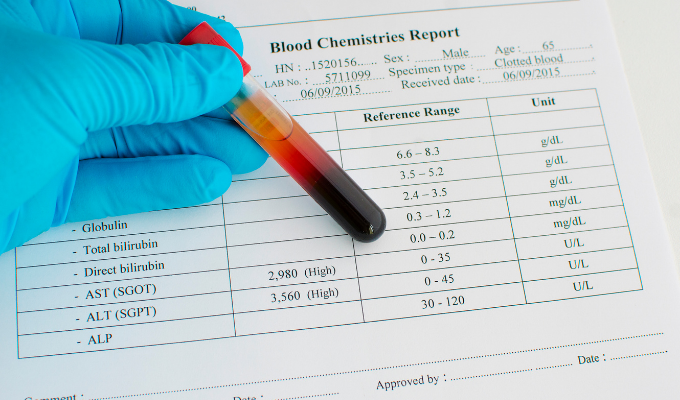Are Deficiencies Seen in Blood Tests of Those on Vegan Diets?

More Programs and Publications Featuring Dr. Kyle Riding
In this program:
For those consuming a vegan diet, there are some nutrient levels that should be watched closely. Watch as medical laboratory scientist Dr. Kyle Riding shares advice on nutrient levels for your healthcare providers to monitor and conditions that can occur from inadequate nutrient levels.
Transcript
Leo Hesse:
As a vegan, can you please help us understand if there are any deficiencies seen in blood tests for vegans versus non-vegans? For example, iron, hemoglobin, etcetera.
Dr. Kyle Riding:
Absolutely, so if you're living and enjoying a vegan lifestyle, I think it's very important that you always speak to one of your healthcare professionals across the spectrum of healthcare professionals that are out there to guide you on that journey to assure that you're getting the right supplements that you need to really take full advantage of that dietary lifestyle that you're choosing and that you should value for yourself.
Biggest items I would be looking at if you're enjoying and living a vegan lifestyle are really on this complete blood count, what I get concerned about on a vegan diet is particularly iron levels and vitamin B 12 and folate. So there are three things you want to make sure you're getting adequate levels of iron, vitamin B12 and the folate, all three of those molecules are essential to red blood cell formation. So if you're not getting enough iron, you could end up with an iron deficiency anemia. If you're not getting enough vitamin B12 or enough folate, you may end up getting what we call a macrocytic or large cell anemia, because the cells, the red blood cells, become very large in those patients. Now, the ideal things to be looking at on your complete blood count, there are three main elements to keep track of, the first is your hemoglobin, that's truly the measure of if you're anemic or not, so if your hemoglobin is in good shape and normal, you have nothing to worry about right now. The other parameter you should look at is one of those red blood cell quality indicators, we call the MCV or mean corpuscular volume, just a fancy way of saying how big or small are the red blood cells.
A patient with an iron deficiency anemia is going to see that MCV start to go down without any real cause, and a patient who has a vitamin B12 or fully anemia is going to see that MCV start to creep up as the cells become bigger. And there's one final test and it's called the R-D-W or red blood cell distribution width, which is just a whole fancy way of saying how much variation is there in the size of your red cells, so the MCV tells us the average size, the RDW tells us how much variation there is in that size. Now, when we start to see early signs of iron deficiency anemia, vitamin B12 or fully driven anemia, as we see that RDW start to increase first as those well, smaller or those bigger cells start to creep into the picture, so those are really the major items I would keep track of, and as I always say, enjoy the lifestyle that is best suited for you, but make sure you keep in touch with your healthcare provider to make sure you're getting supplements as needed.
The information on Diverse Health Hub is provided for educational purposes only, and is in no way intended to diagnose, cure, or treat any medical or other condition. Always seek the expert advice of your healthcare team.
Related Videos:































